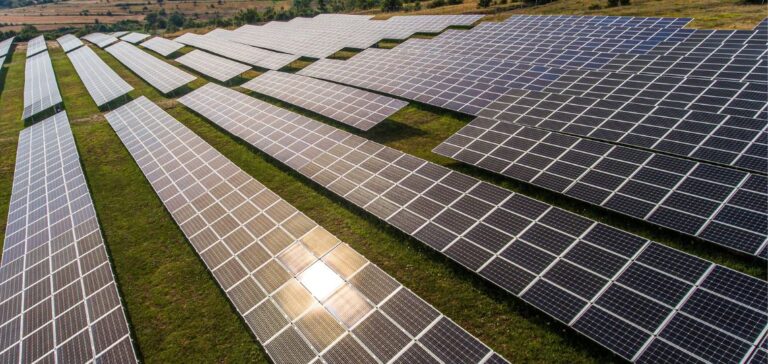As part of the EU’s global energy transition initiative, Kosovo is set to host one of the largest solar photovoltaic power plants in the region, supported by combined funding from the European Investment Bank (EIB), KfW Development Bank and the European Union. Like its French counterpart, which has passed a law to accelerate the energy transition, Kosovo is also making its contribution.
Indeed, with this power plant near Pristina, construction of which is due to start shortly, the country is taking a significant step towards diversifying Kosovo’s energy mix and reducing its dependence on fossil fuels. However, this is far from being its first project: as early as 2023, Kosovo has announced plans to build a 150-megawatt solar farm.
With a capacity of up to 100 megawatts alternating current (MWac), the new plant is part of the EU’s strategy to support the development of renewable energies in the Western Balkans, particularly in the context of the transition to a low-carbon economy.
Impact on Energy and the Economy
The completion of this project should make a significant contribution to the production of clean, sustainable energy in Kosovo. With an estimated production capacity of around 169 gigawatt-hours (GWh) per year, the plant is expected to reduce annual carbon dioxide (CO2) emissions by almost 174,000 tonnes. This substantial reduction in greenhouse gas emissions will play a crucial role in Kosovo’s efforts to meet its targets for combating climate change and reducing its carbon footprint.
In addition to its environmental benefits, the project also promises positive economic spin-offs for Kosovo. The construction of the solar power plant is expected to create local jobs and stimulate economic growth in the region. In addition, the increase in solar energy production capacity will help to strengthen Kosovo’s energy security by reducing its dependence on energy imports.
Collective Commitment for a Green Future
This project is the fruit of close collaboration between several partners, including the EIB, KfW and the EU. The combined funding of these institutions testifies to the collective commitment to energy transition in the Western Balkans.
With financial and technical support from the EU and its partners, Kosovo is affirming its commitment to diversifying its energy mix and promoting sustainable development.
The construction of a photovoltaic solar power plant in Kosovo underlines our commitment to greater energy security.





















